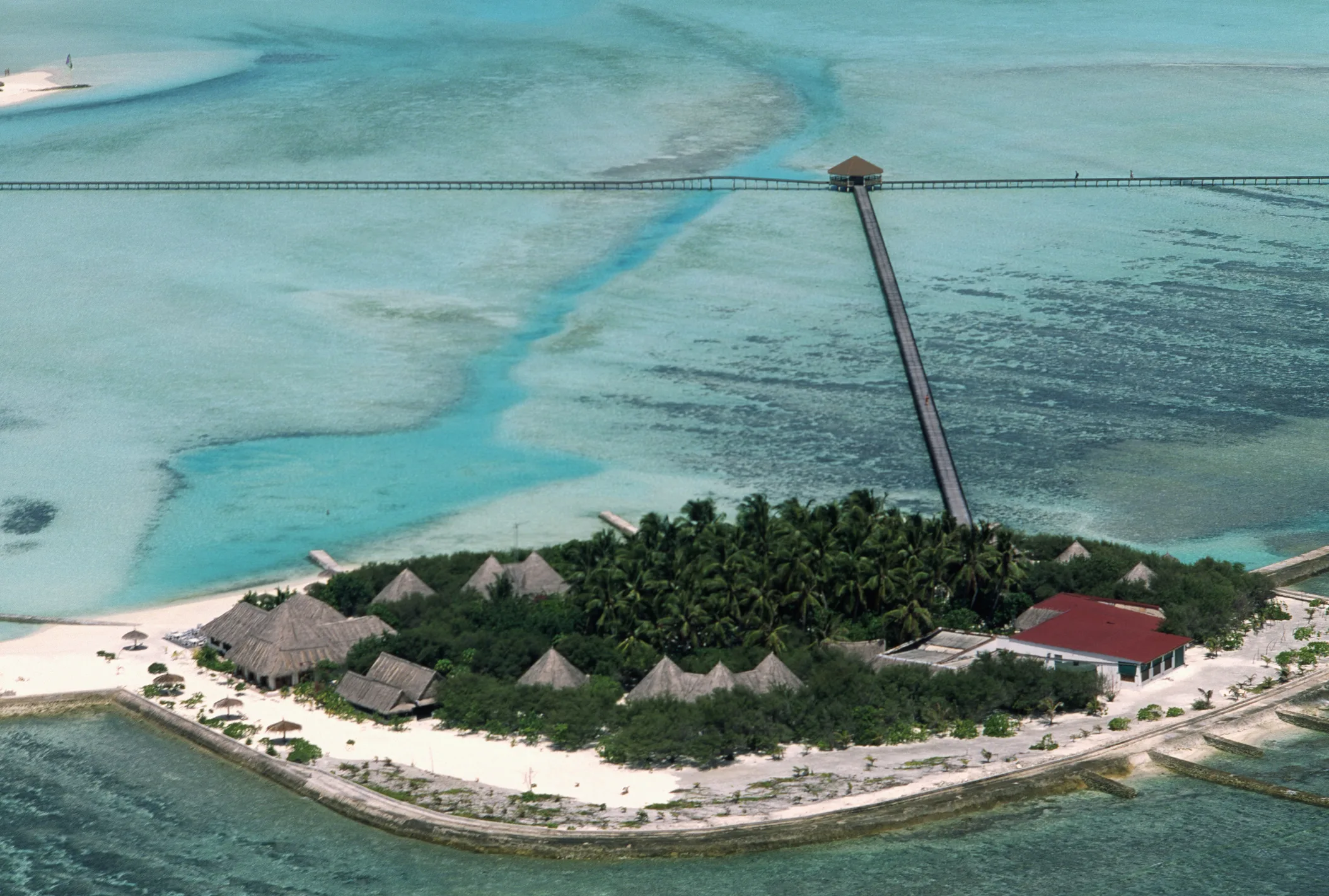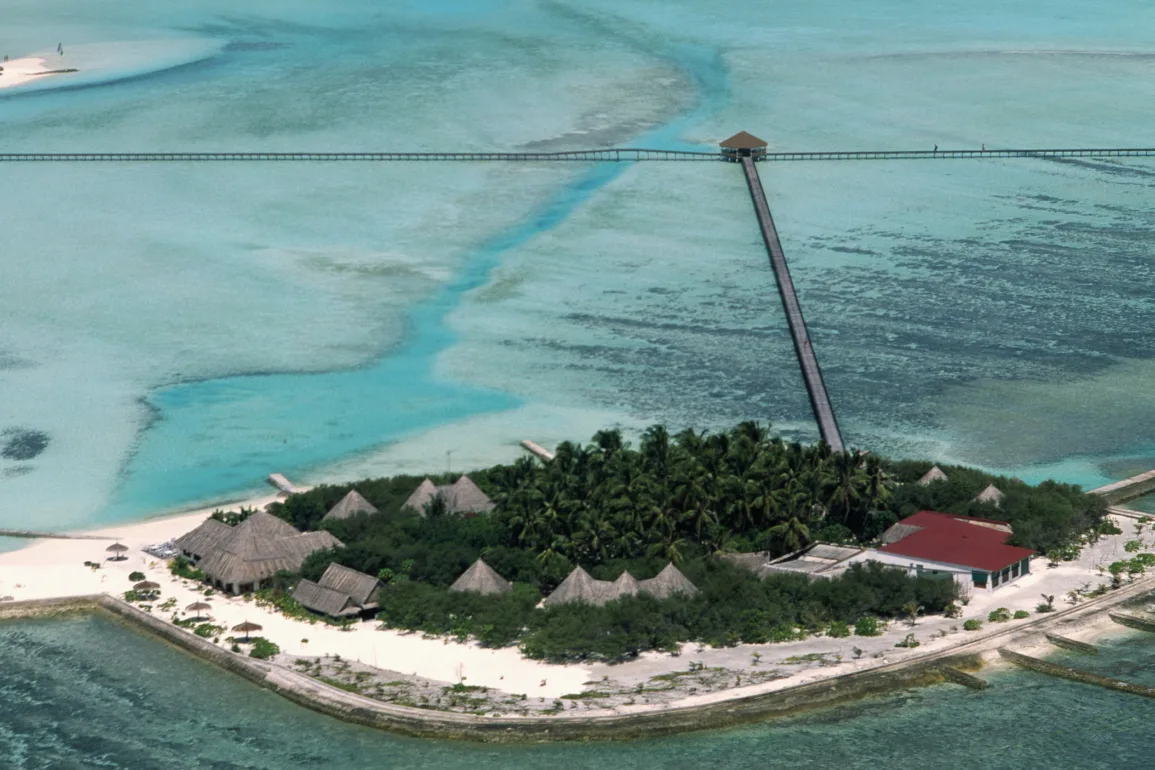
Representatives of a 24-country group finally reached a temporary agreement on how to bank and pay out a landmark climate change loss and damage fund this weekend. The fund, which was created at last year’s United Nations’ climate conference, COP27, functions as a way for high-income countries to pay the developing world for climate change.
The agreement came after multiple rounds of talks: The countries had disagreed on whether the fund should be voluntary, who should pay, who should get paid and who should be in charge of it, among other issues. In the end, they agreed to keep it voluntary and to have the money hosted and meted out by the World Bank — outcomes that developing nations had tried to argue against.
The actual cost of climate damage in the developing world will reach into the trillions of dollars by mid-century.
The new agreement keeps contributions voluntary and establishes the World Bank as the fund’s host, but only for an “interim” period of four years, beyond which some new arrangement might be reached. The text of the document says the fund will begin operation in 2024, and that a board of the fund will begin meeting no later than the end of January.
And some activists and climate experts are now concerned that the tension could affect the U.N.’s upcoming COP28 summit which kicks off at the end of November in Dubai.
“It is not a consensus document,” said U.S. negotiator Christina Chan, even after the meeting ended and the text was declared final. Outi Honkatukia, a Finnish negotiator who co-chaired the committee, called the agreement a “take it or leave it text.”
Harjeet Singh, head of global political strategy at Climate Action Network, said in a statement posted to X, formerly known as Twitter, that “it is a sombre day for climate justice.”
“The poorest countries are suffering increased debt and increased loss to deal with this loss and damage,” said Avinash Persaud, the lead negotiator for Barbados, according to Politico. “So we cannot accept a retreat to volunteerism.”
The agreement comes ahead of the COP28 summit, is expected to focus on trying to phase out fossil fuels. So far, the countries involved have only agreed to a limited “phase down” of coal use.


